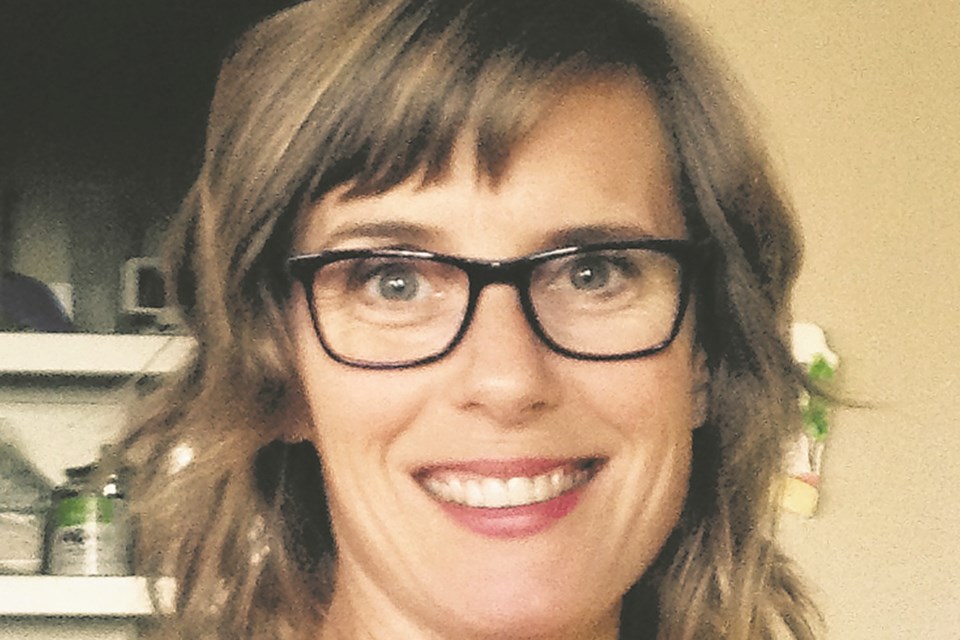Sometimes everything seems to come at us all at once.
We have endured the many challenges and uncertainties of the strange and persistent pandemic. Many of us seem to be rising to many other incredible challenges to boot.
Fast and furiously these challenges arrive for us — collectively and individually. Sometimes it all seems too much … and then the next one lands!
It’s as though we are in forced training to develop our capacity to endure — to persevere or maybe to relinquish old ways that no longer serve us. How can we catch a break? How can we bolster ourselves as we navigate these times?
Gauging by the extra crowds in natural areas and the common advisement from my own support people to "get outdoors, walk, be in nature," I realize how many of us are coming to recognize nature as a soothing balm for our restoration and support.
Living in St. Albert, we are blessed to have access to trails, ravines, parks, the river and its valley, as well as free access to the botanic garden. As a community we are in good shape to weather these difficult times.
As individuals, we can build outdoor visits, activities, and spaces into our lives. Explore nearby wild places; the smallest of "naturalized" boulevards or neighbourhood tree stands can provide that moment of relief for one’s nervous system.
Take care to find your own outdoor spaces into which you can retreat. Whether it be a balcony, a water feature burbling, or a courtyard canopied by a gorgeous tree, we have the power to imbue ourselves with more capacity. Naturally.
When I step out of my garden door into the soft air, smell the fragrance of botanicals, and hear the sound of the breeze rustling the leaves, I feel my system ease. In fact, I’m writing this from the sanctuary of my deck. I also spend many hours in my wild garden literally grounding myself with hands in the soil and connecting with the plants.
According to Elizabeth R. Messer Diehl, horticultural therapy research indicates time spent in nature and gardens is effective in reducing emotional stress, treating addiction, easing the shock of displacement and resettlement for refugees, diminishing social isolation in the elderly, and dealing with burnout in health-care providers. Much of this is attributed to both tactile and sensory opportunities.
Coincidentally, I have just received a text from my eldest daughter who recently transplanted to Montreal. She has been working 10-hour days in the concrete city, mostly on her feet. She sent me a photo of herself retreating into the woods down her street. She described the experience as serene, grounding, and restorative. I’m so pleased that she treated herself to that experience.
When you feel depleted, over-stimulated, as tired and cranky as a three-year-old at nap time, remember that you have a nourishing parent available to you: our beautiful mother, earth.
Jill Cunningham grew up in St. Albert, has a Bachelor of Education from University of Alberta and is passionate about nature, the environment, and building community.




